Choosing the right device for your home entertainment can be confusing. Both Smart TVs and Android Boxes let you stream your favorite shows, but they work very differently. A Smart TV has everything built-in, while an Android Box is a separate device that plugs into your TV. This guide will explore the key differences in features, performance, and cost to help you decide which one is the perfect fit for your living room.
What Exactly is a Smart TV?
A Smart TV is a television with built-in internet connectivity and an operating system, much like your smartphone. This allows you to connect to Wi-Fi and access streaming apps like Netflix, YouTube, and Hulu directly from your TV without needing any extra hardware. It combines the traditional TV experience with the world of online content in one seamless package.
The main appeal of a Smart TV is its simplicity. Everything you need is included right out of the box. Most models come with pre-installed popular apps, voice control features via a smart remote, and the ability to mirror your phone’s screen. For many users, this all-in-one solution is the most convenient way to enjoy modern entertainment.
However, Smart TVs do have some drawbacks. They are generally more expensive than non-smart TVs, and the software can sometimes become slow or outdated. Additionally, the app selection can be limited depending on the TV’s brand and manufacturer, meaning you might not find every app you want.
Understanding the Android Box Alternative
An Android Box is a small media center device that connects to any TV through an HDMI port, effectively turning it into a powerful Smart TV. It runs on the Android operating system, giving you access to the vast Google Play Store and its millions of apps. This makes it an incredibly versatile and customizable option for home entertainment.
These boxes are perfect for upgrading an older, non-smart TV or even for enhancing the capabilities of an existing Smart TV that has a slow or limited operating system.
The biggest advantages of an Android Box are its flexibility and power. Since they are dedicated devices, they often have better processors and more RAM than many Smart TVs. Here are some key benefits:
- Greater App Selection: Access to the entire Google Play Store, which has far more apps than any Smart TV platform.
- Regular Updates: Android Boxes typically receive more frequent software updates, ensuring you have the latest features and security patches.
- High Customization: You can change the user interface, install third-party apps, and tailor the experience completely to your liking.
On the downside, the initial setup can be more complex than a Smart TV, and the quality can vary significantly between different brands. Some cheaper models may suffer from performance issues or app compatibility problems.
Performance and App Availability: A Head-to-Head Look
When it comes to performance, there is often a clear winner. While high-end Smart TVs can be very powerful, Android Boxes generally offer more processing power and memory at a lower price point. This translates to faster navigation, quicker app loading times, and a smoother overall experience, especially when multitasking or running demanding apps and games.
This performance difference is crucial for a good user experience. A laggy interface can be frustrating, and an underpowered device may struggle to play high-resolution 4K content smoothly.
Here is a quick comparison of their typical specifications:
| Feature | Smart TV | Android Box |
| Processor Speed | Varies by model | Usually higher |
| RAM | Usually limited | More available |
| App Store | Limited to manufacturer | Google Play Store |
App availability is another area where Android Boxes shine. While Smart TVs cover the basics with popular streaming services, their app stores are often restricted. An Android Box gives you access to a massive library of apps, including niche streaming services, media players, games, and productivity tools that you simply cannot get on most Smart TVs.
User Experience and Customization Differences
The user experience is a major deciding factor for many people. Smart TVs are designed for simplicity. Their interfaces are typically clean and easy to navigate, with large icons for popular apps. This makes them ideal for users who want a straightforward, plug-and-play experience without much fuss.
In contrast, Android Boxes offer a more versatile and customizable platform. You can change the entire look and feel of your home screen with different launchers, organize apps into folders, and create shortcuts for your favorite content. This level of personalization is perfect for tech-savvy users who enjoy tailoring their devices.
However, this flexibility can also be a downside for some. With more options comes more complexity, which might be overwhelming for users who are not comfortable with technology. The choice really depends on your personal preference: do you value simplicity or control?
Analyzing the Cost: Upfront vs. Long-Term Expenses
Cost is always an important consideration. A Smart TV is a significant upfront investment because you are buying a display and a computer all in one. Prices can range from a few hundred dollars for a basic model to several thousand for a high-end one.
An Android Box, on the other hand, is a much more affordable option. It is a cost-effective way to get smart features without buying a whole new television. This is especially beneficial if you already own a good quality TV that just lacks smart capabilities. You can get a powerful Android Box for a fraction of the cost of a new mid-range Smart TV.
When thinking about long-term expenses, both options are quite similar. You will need to pay for any subscription services like Netflix or Hulu regardless of the device you use. An Android Box might save you money in the long run because you can simply replace the box with a newer, more powerful model in a few years instead of replacing your entire TV when it becomes outdated.
Which Device is Right for Your Viewing Style?
Ultimately, the best choice depends entirely on your needs and how you plan to use the device. There is no one-size-fits-all answer, so consider your viewing habits and technical comfort level.
A Smart TV is likely the best option for you if:
- You want an all-in-one, simple solution with minimal setup.
- You primarily use mainstream streaming services like Netflix, YouTube, and Amazon Prime Video.
- You value convenience over extensive customization.
An Android Box is the better choice if:
- You want to upgrade an existing TV without spending a lot of money.
- You desire access to a wide variety of apps and games from the Google Play Store.
- You enjoy customizing your user interface and tinkering with settings.
Think about who will be using the device. For a family living room where simplicity is key, a Smart TV might be ideal. For a media enthusiast who wants the best performance and flexibility, an Android Box is hard to beat.
Frequently Asked Questions
What is the primary difference between a Smart TV and an Android Box?
The main difference is integration. A Smart TV has its smart features and apps built directly into the television. An Android Box is a separate, external device that you connect to a TV’s HDMI port to add smart functionality.
Which option is more future-proof?
Android Boxes are generally more future-proof. They receive more frequent software updates and can be easily and affordably replaced with a newer model when technology advances. A Smart TV’s software can become outdated and may stop receiving updates from the manufacturer.
Can I use an Android Box with an existing Smart TV?
Yes, you can. Many people connect an Android Box to their Smart TV to get a better user interface, more apps, and improved performance, especially if the TV’s built-in system has become slow.
Is there a big difference in picture quality?
The device itself does not determine picture quality; your television’s display panel does. However, a more powerful Android Box might offer better support for various 4K video formats and streaming protocols, potentially leading to a smoother viewing experience.
Do I need an internet connection for both?
Yes, to use the “smart” features of either a Smart TV or an Android Box, such as streaming apps and browsing, you will need a stable internet connection.

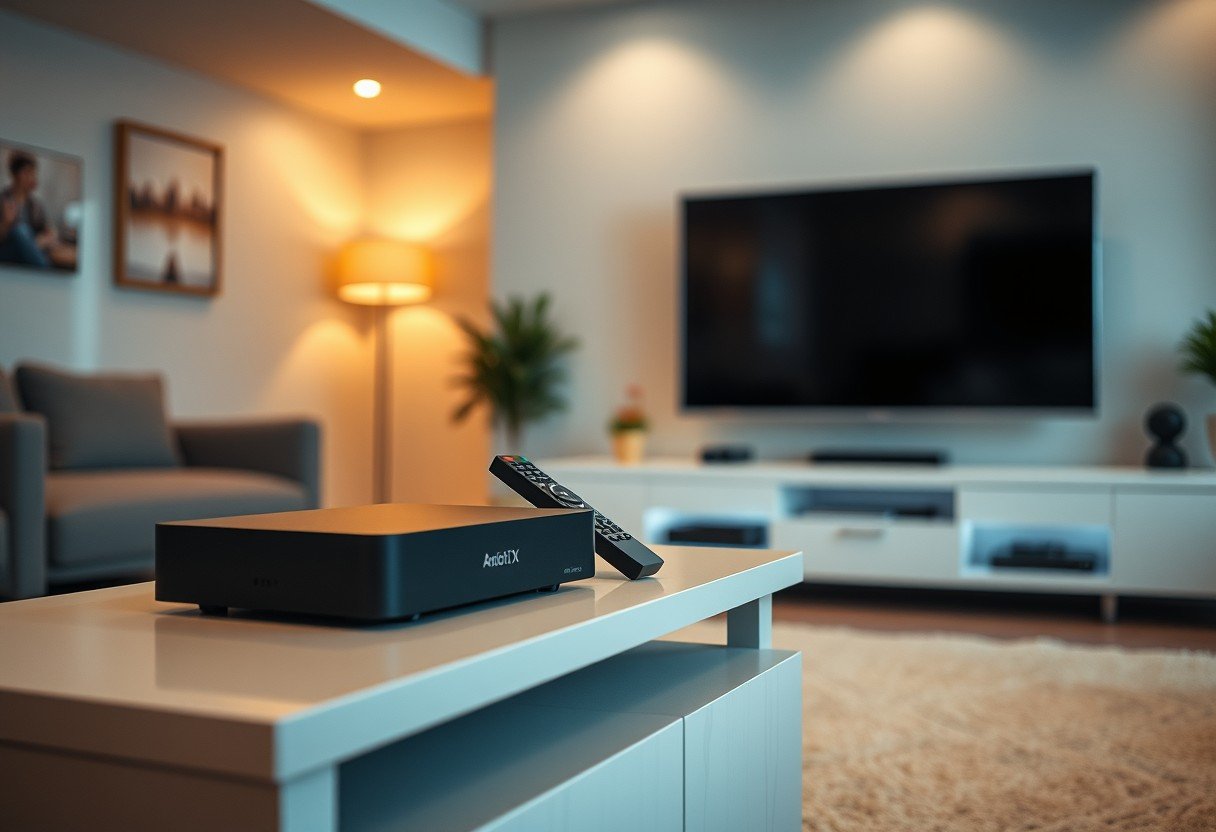


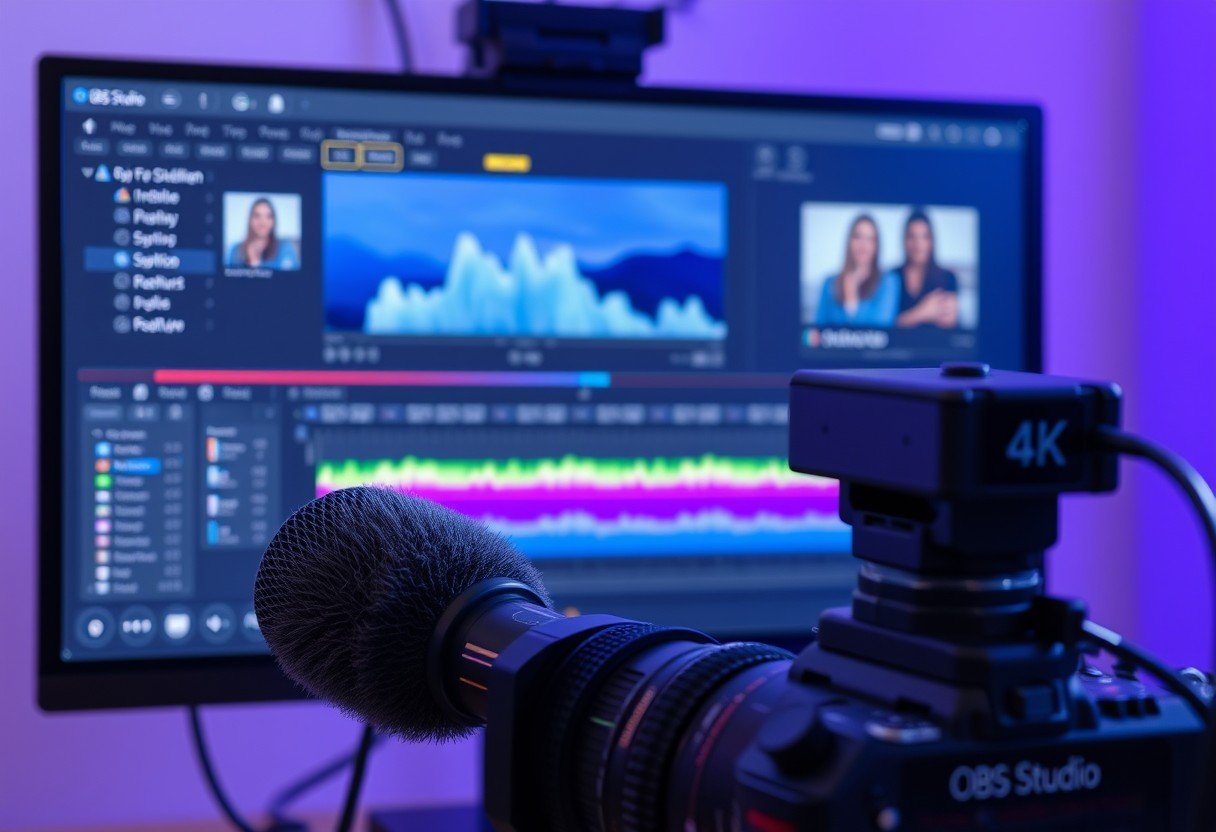
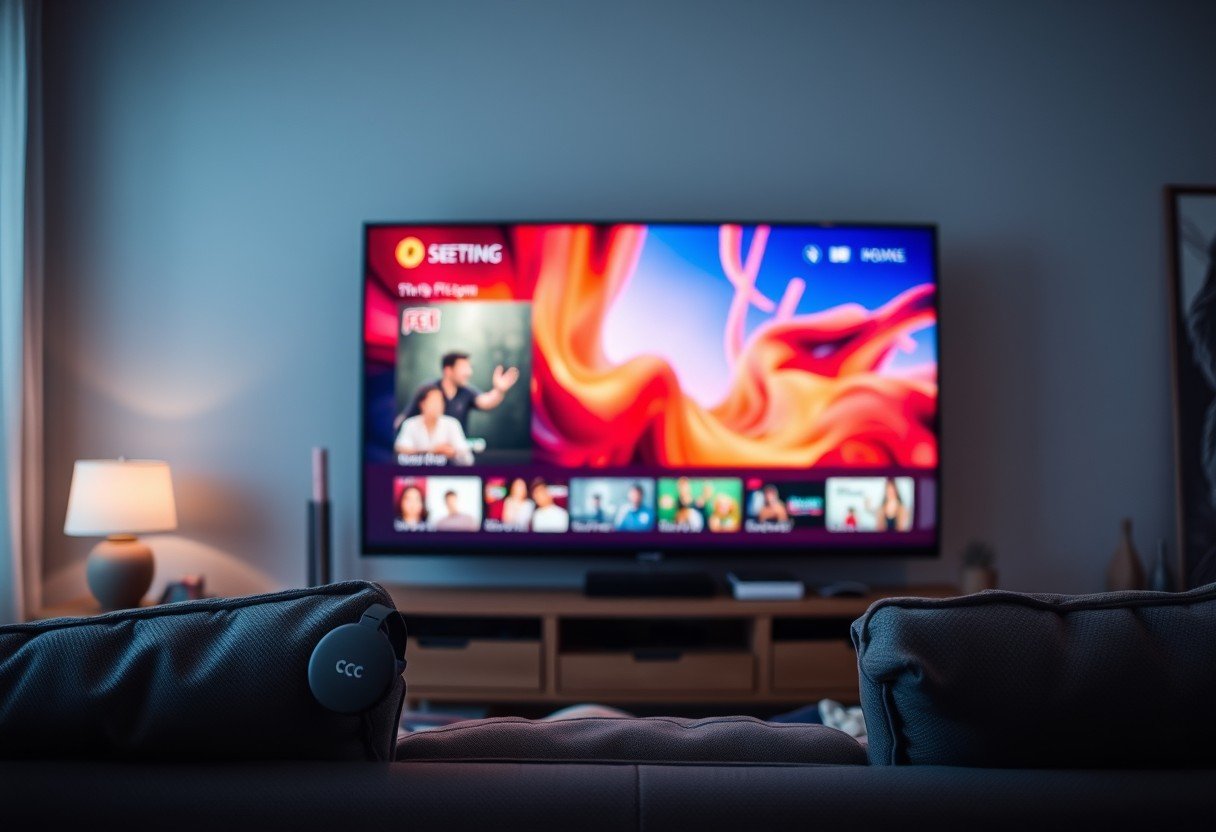
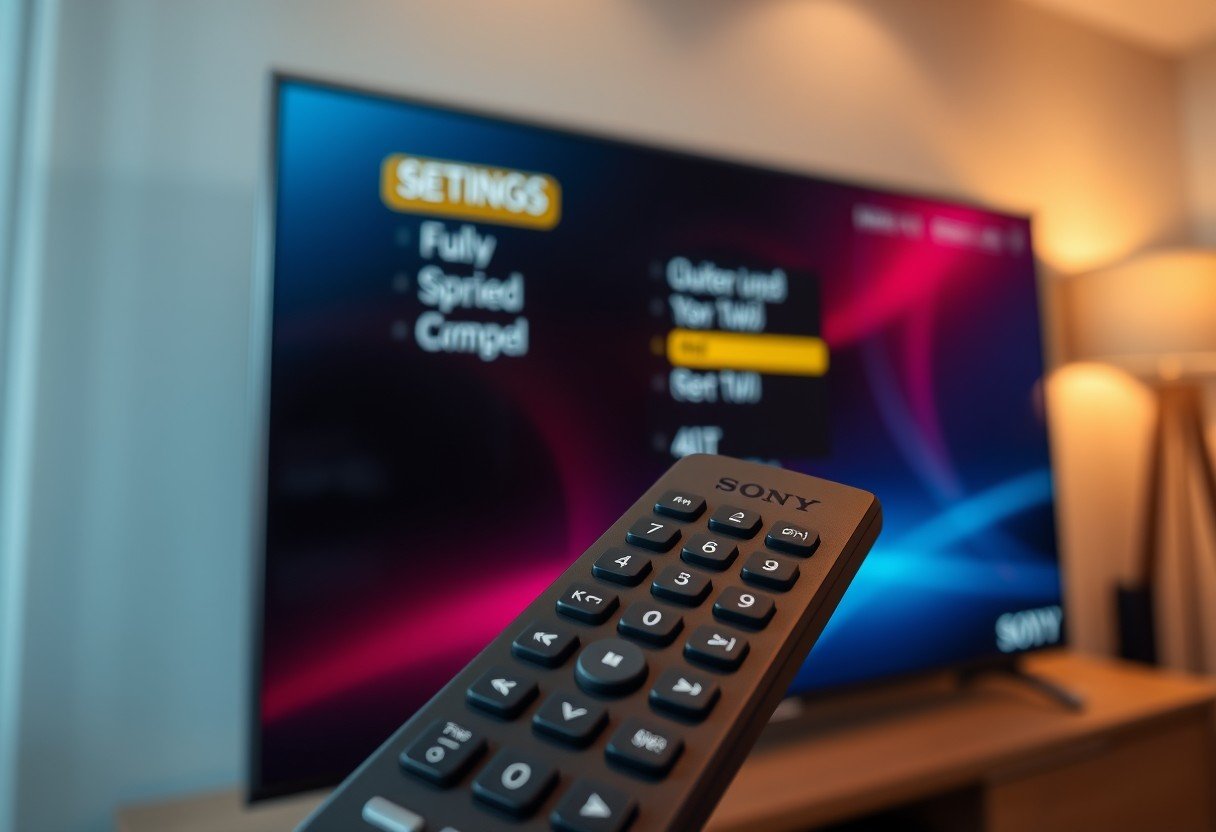
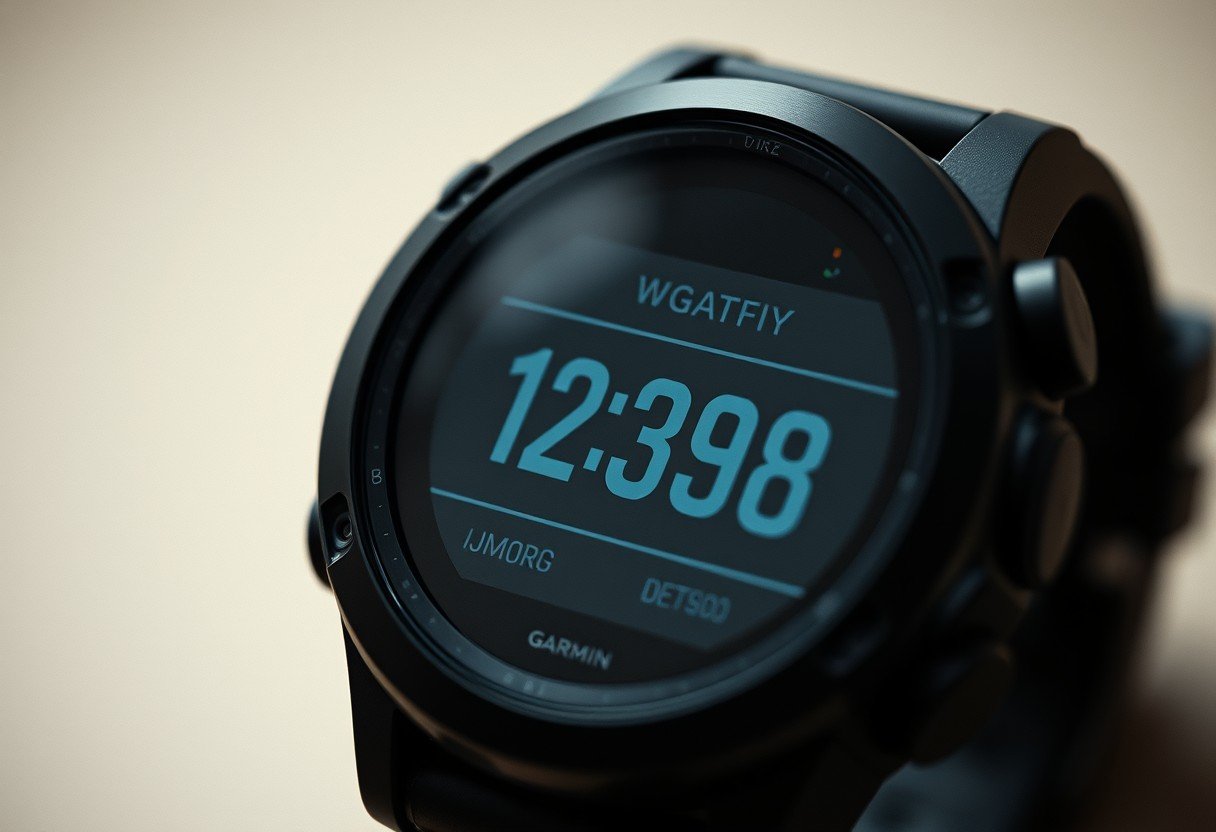

Leave a Comment